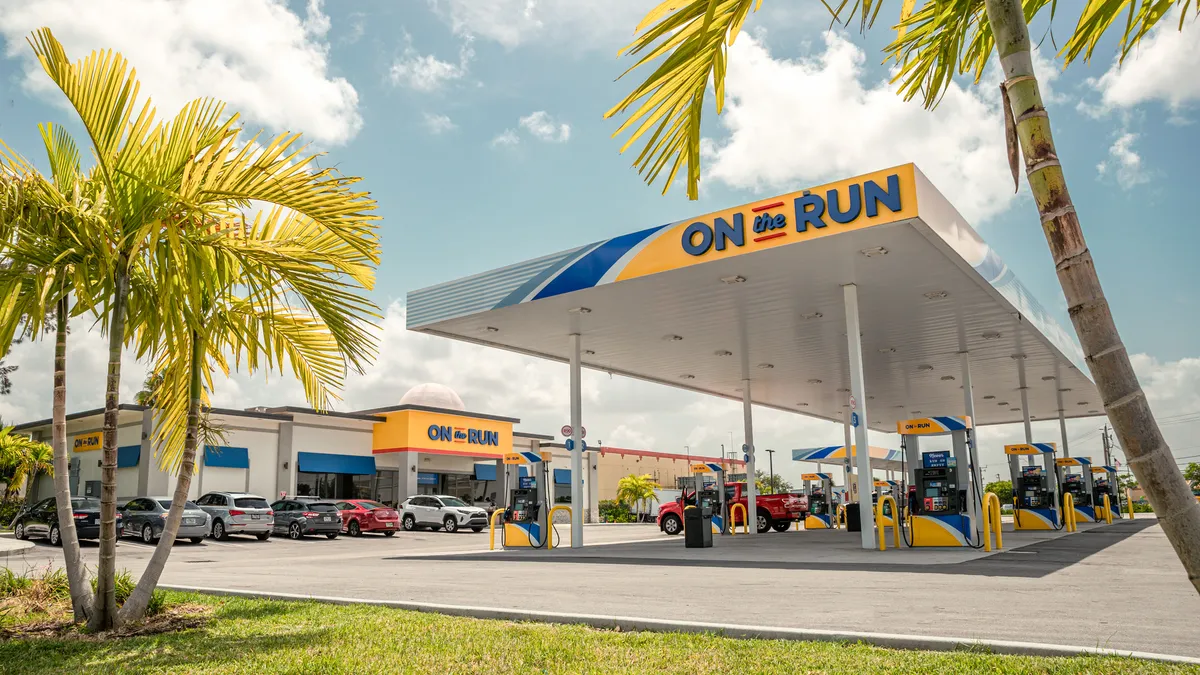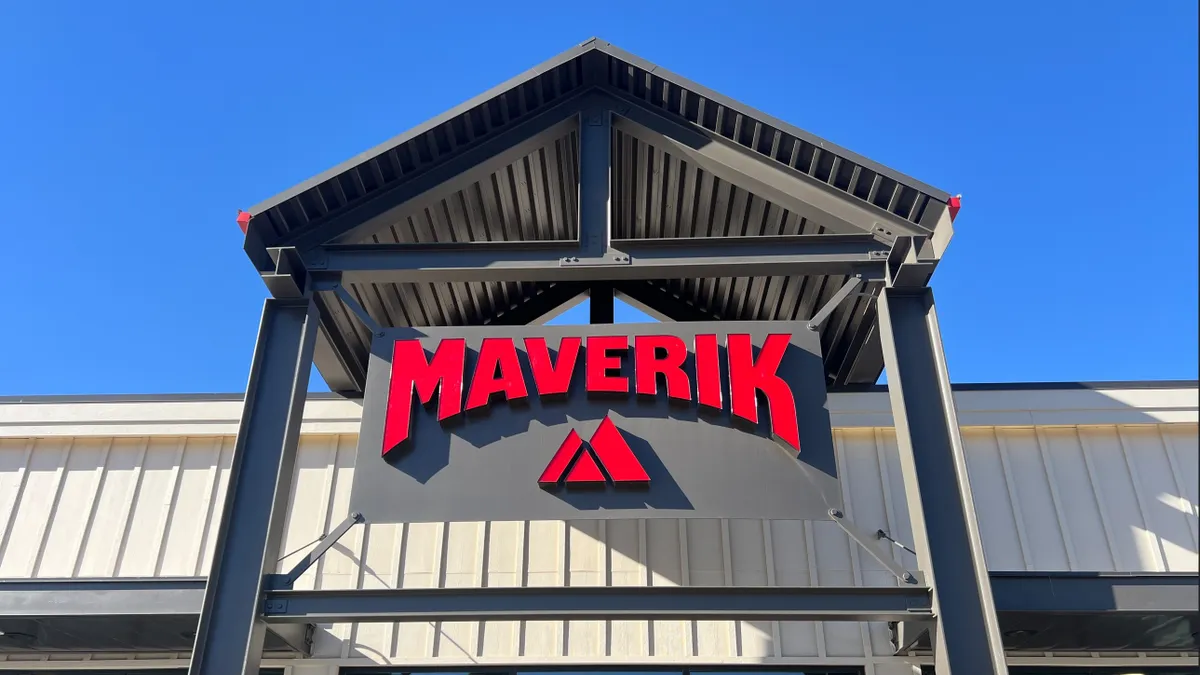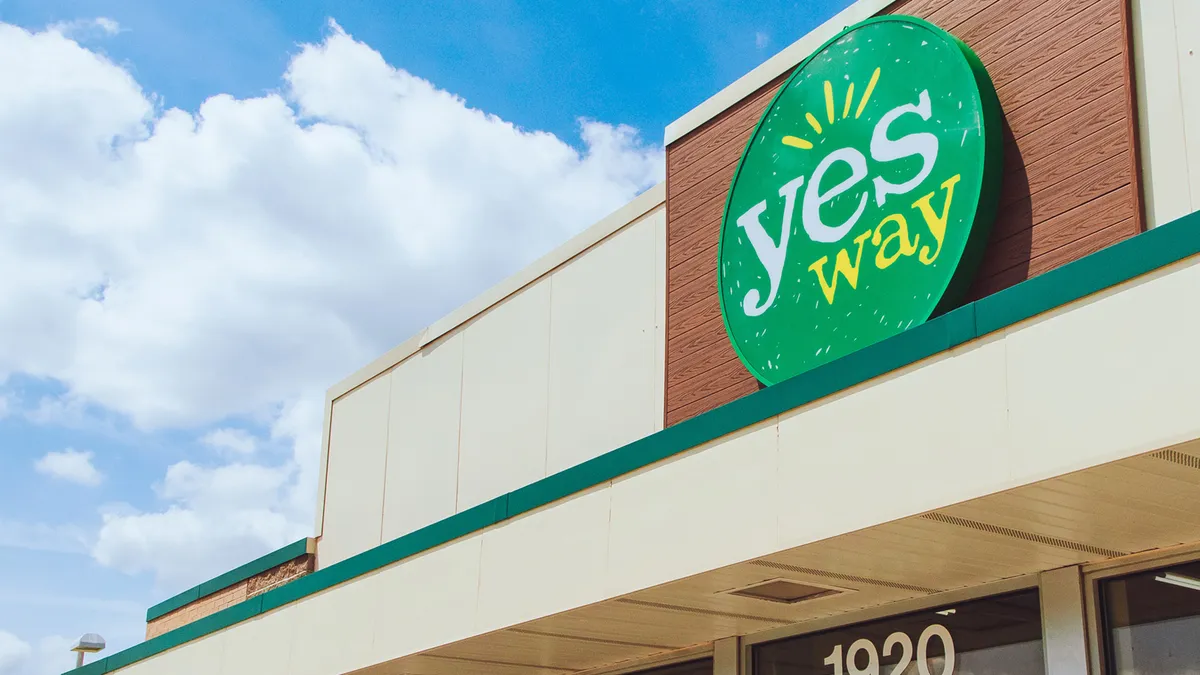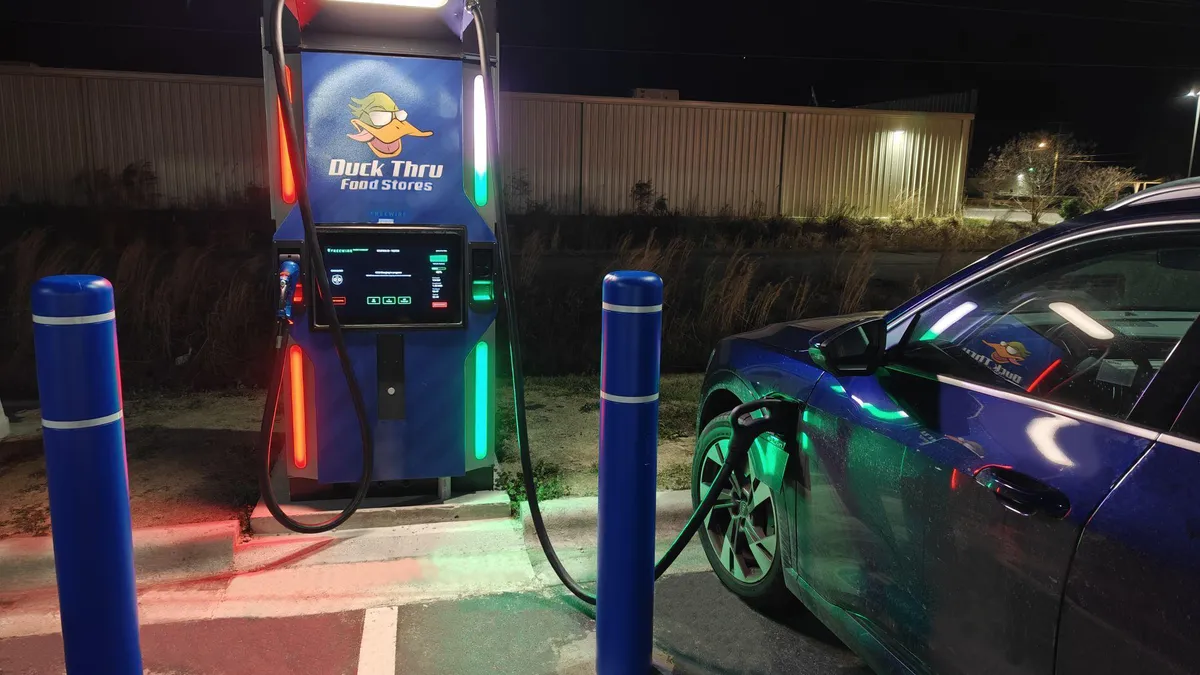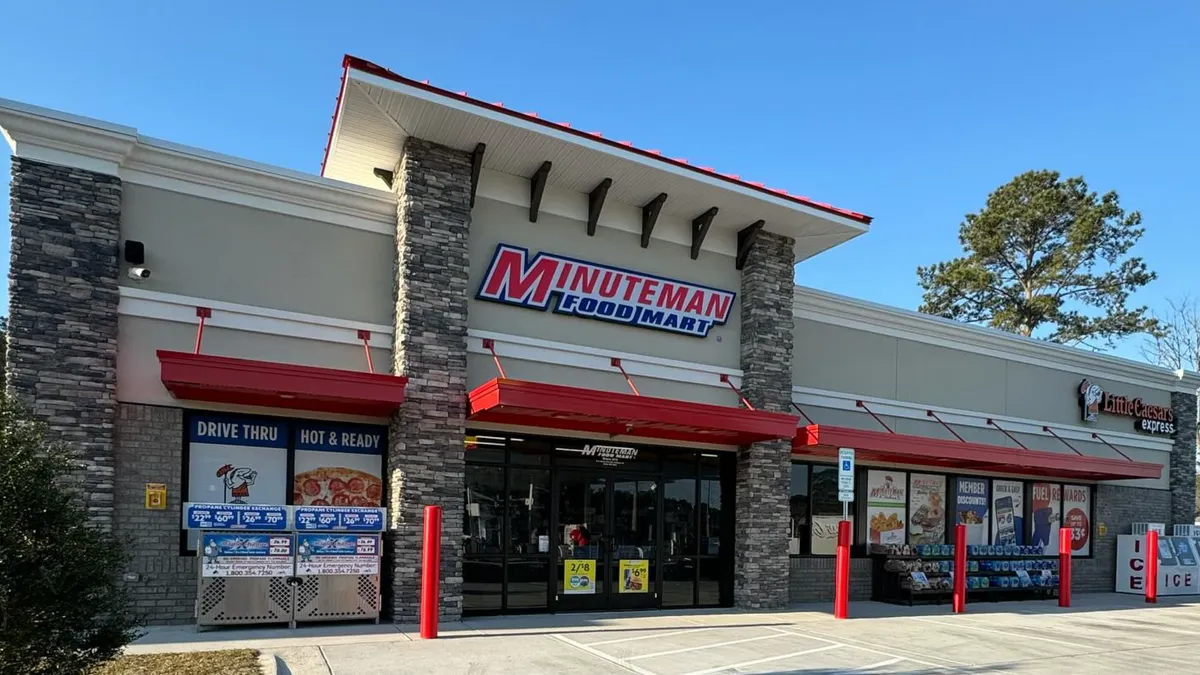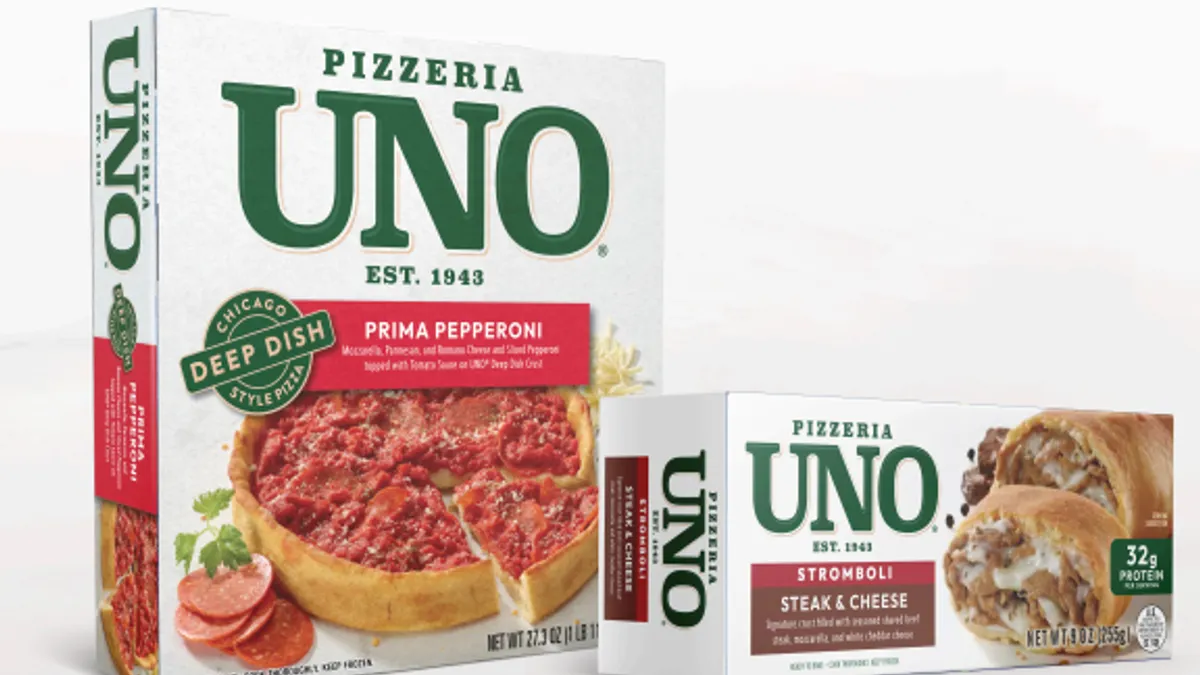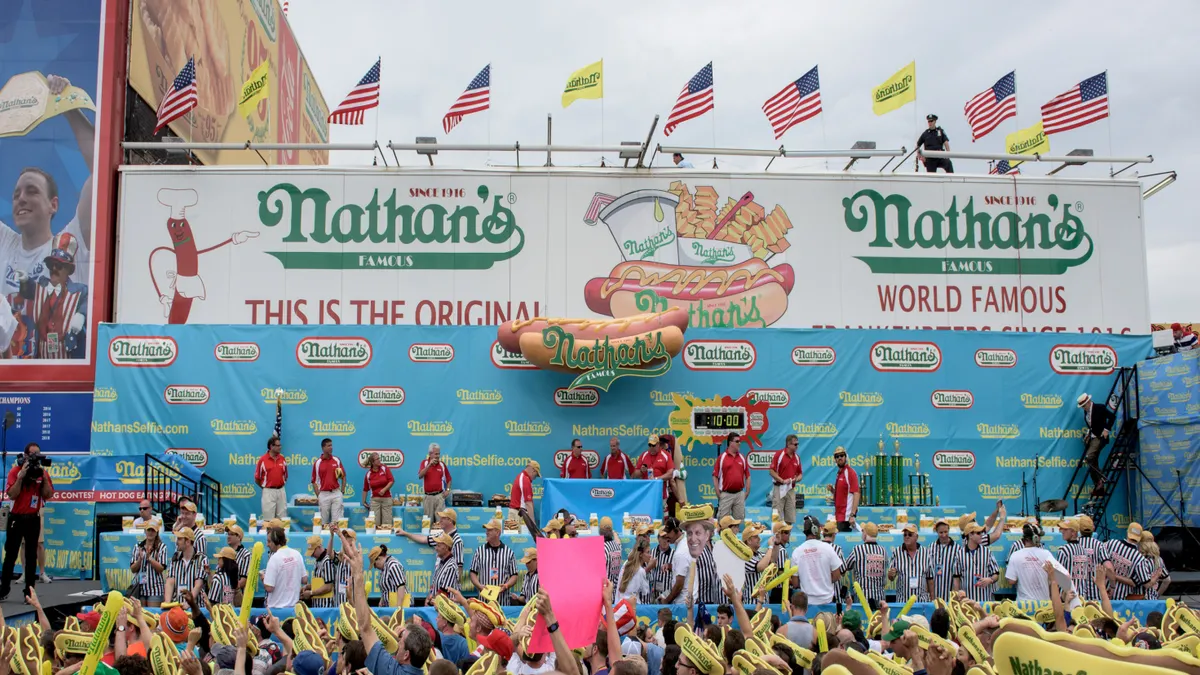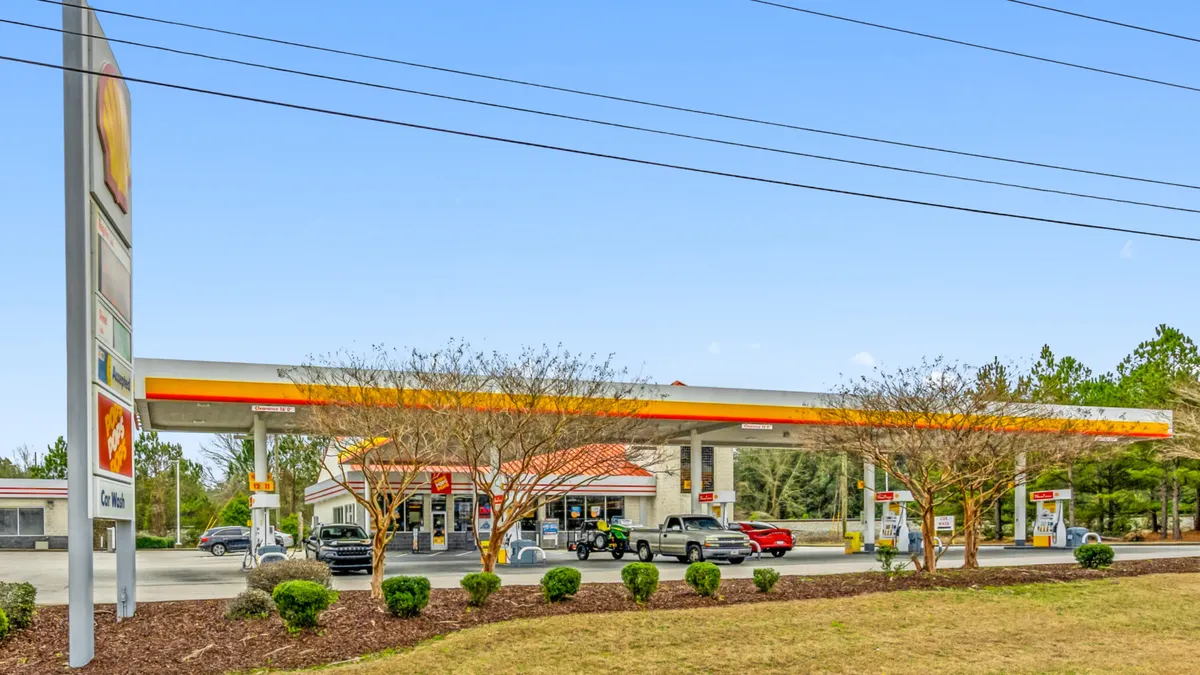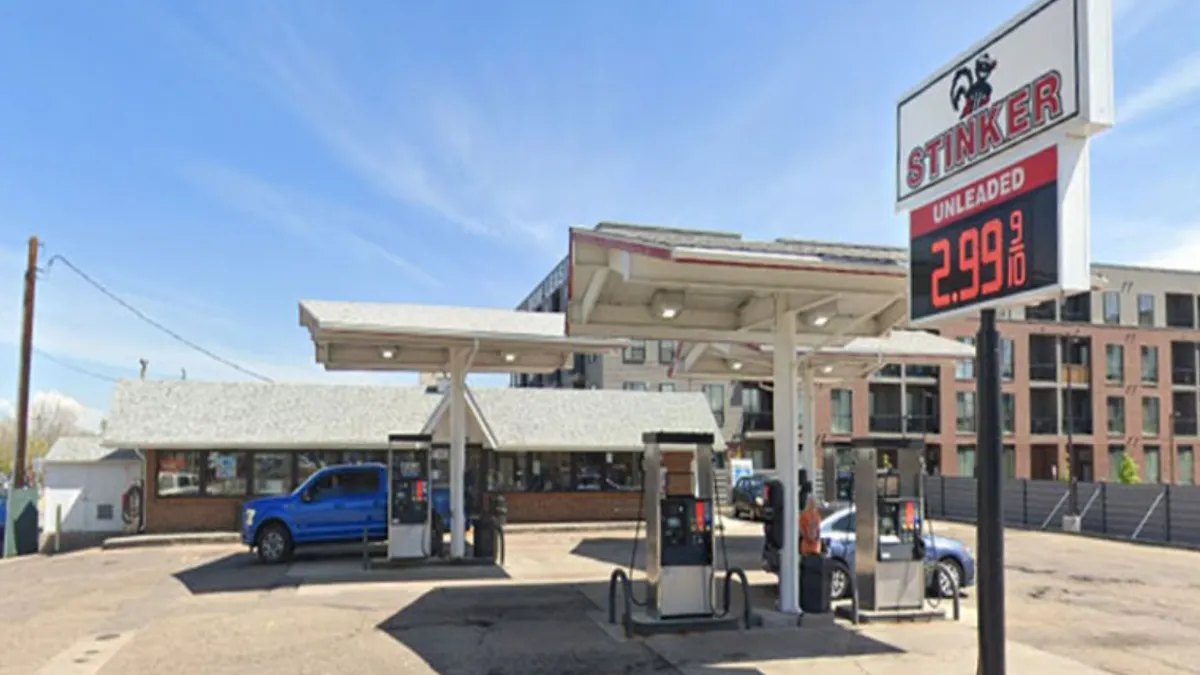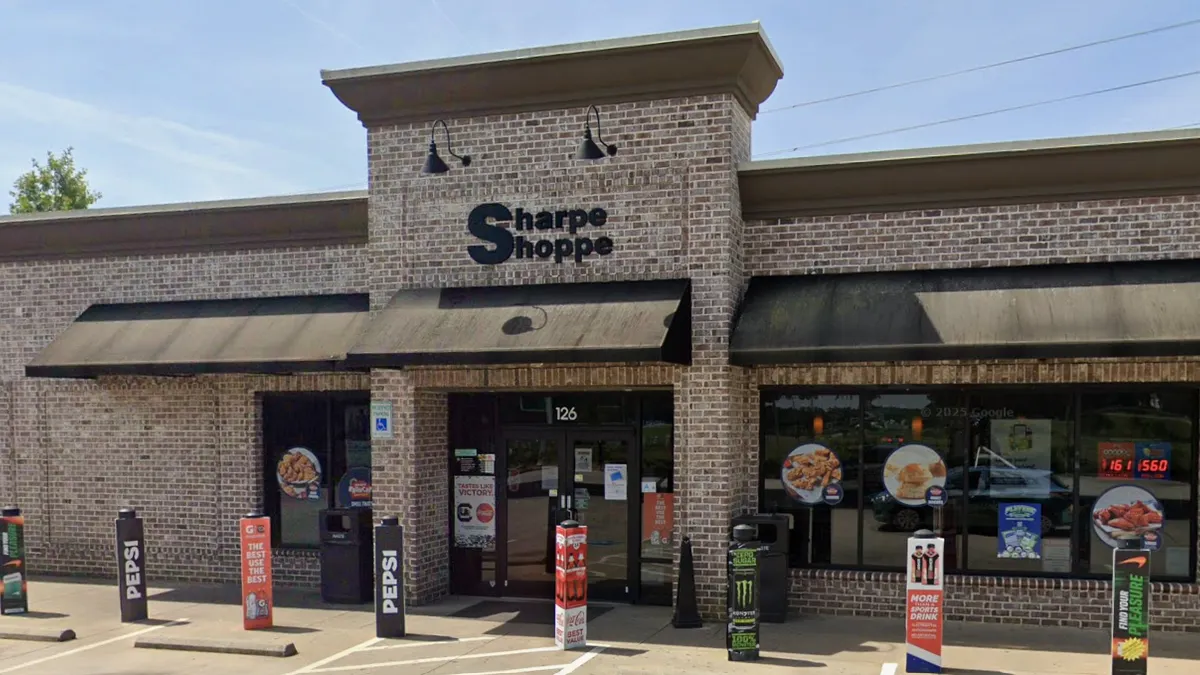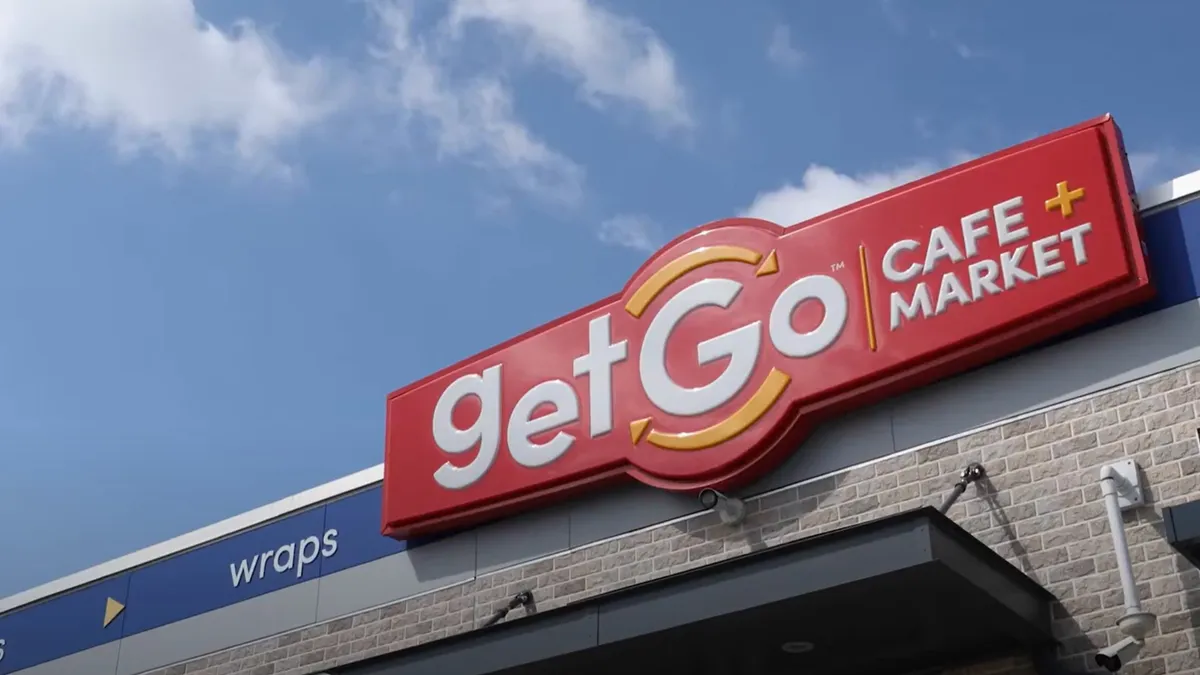Parkland Corp. dropped a bombshell on the c-store industry Monday morning when it announced plans to sell its business to fuel company Sunoco for over $9 billion.
The sale, which the boards of directors from both companies unanimously approved, came just a day before Parkland’s annual shareholder meeting, during which Parkland was expected to battle for its future against disgruntled shareholder Simpson Oil. That meeting has now been cancelled, replaced with a June 24 shareholder gathering to approve or reject the deal.
The combined company, which is expected to add a headquarters in Canada, will have an enterprise value of about $25.5 billion, Scott Grischow, Sunoco’s treasurer and senior vice president of finance, said during an investor call on Monday. If approved, the combined company will also be the largest independent fuel distributor in the Americas, according to Monday’s announcements.
But several concerns remain over Parkland’s future, including how its thousands of convenience stores in North America will fare after the sale — or if they’ll even survive.
“It certainly raises questions about the independence of Parkland, because Sunoco is a massive company,” Canadian retail analyst Bruce Winder said. “Maybe not yet, but in three to five years, they might say, ‘We don’t need Parkland anymore.’”
Will shareholders push the deal through?
Both Parkland and Sunoco are confident the deal is attractive for shareholders. Not only is the $9.1 billion deal a 25% premium on Parkland’s valuation, but it’s expected to create more financial stability and flexibility for the Canadian retailer, Parkland President and CEO Bob Espey and Sunoco President and CEO Joseph Kim said during Monday’s call.
But none of that excitement matters if Parkland’s shareholders don’t approve the deal next month. Some, like Simpson and Engine Capital, have been unhappy with the retailer’s leadership for years, and Monday’s attempt to revive the business has left some even angrier.

Simpson called for the immediate resignation of Parkland’s directors after the deal was announced Monday morning. The firm claimed last week that it had "overwhelming support” for its plan to take over Parkland’s board on May 6, and that by inking the Sunoco deal and cancelling the meeting, Parkland breached its fiduciary duties.
“This eleventh-hour maneuver represents a new turn in the Board’s deplorable track record of governance and should come as no surprise to shareholders,” Simpson said in a statement on Monday. “Delaying the Meeting serves no purpose other than to avoid accountability to shareholders and further entrench the Board.”
What does this mean for Parkland’s c-store network?
It remains unclear how the deal will impact Parkland’s convenience retail network which, as of March, included 645 convenience retail sites in the U.S., about 200 of which Parkland directly operates. The retailer also has over 2,300 sites in Canada, and operates nearly 800 of them.
Sunoco, which sold many of its c-store assets to 7-Eleven in 2024, has suddenly found itself with thousands of new retail sites. As of February, it only had about 76 company-operated c-stores in its network, many of which are Aloha Petroleum-branded sites in Hawaii.
“We're always taking some sites to optimize for stability, optimize for upside or eliminate downside… so this is right within our playbook."

Joseph Kim
President and CEO, Sunoco
With fuel being the main driver of Monday’s acquisition, it’s possible that Sunoco may divest Parkland’s c-store network at some point, Winder said.
When an investor asked on Monday’s call if Sunoco would consider offloading certain parts of Parkland’s business, Kim said Sunoco will “continually look at our existing assets.”
“We're always taking some sites to optimize for stability, optimize for upside or eliminate downside… so this is right within our playbook,” Kim said.
Could Trump’s trade war with Canada impact the deal?
President Trump’s ongoing trade war with Canada — which includes a 10% tax on oil and energy imports into the U.S. — may “delay or derail” the deal, Winder said.
Although newly appointed Canadian Prime Minister Mark Carney is pro-business, Parkland’s proposed sale to Sunoco may not fare well for him politically, since it risks Canadian assets and employees being moved to the U.S., Winder added.
Espey said on Monday that once the deal closes, Sunoco is “committed to retaining a Canadian head office in Calgary and a strong operating presence throughout Canada.” However, given Sunoco’s size and scale combined with the consolidation that often comes with a major acquisition, that could change in the future, Winder said.
Winder called the timing of Parkland’s deal with the ongoing trade war “a weird wrinkle.”
“Hopefully by [the June 24 meeting] we'll get a good sign of maybe some deal making between President Trump and Prime Minister Carney,” Winder said.


